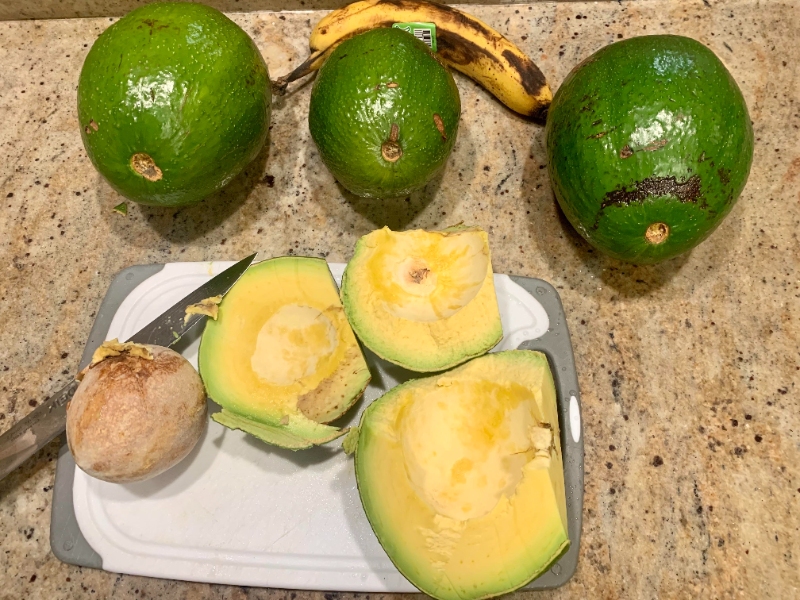5. Blood Sugar Regulation

Advertisement
Avocados are a great dietary option for those who have diabetes or are at risk of getting the disease because they significantly aid in blood sugar regulation. Avocados have a low glycemic index, which means that even with their rich flavour and creamy texture, they don't significantly affect blood sugar levels when eaten. Their distinct macronutrient content is the main cause of this. Avocados are low in carbs and high in fibre and good fats. In order to avoid sharp spikes in blood sugar, this combination slows down the breakdown of food and the release of glucose into the bloodstream. It has been demonstrated that the monounsaturated fats in avocados, especially oleic acid, enhance insulin sensitivity. The hormone insulin controls blood sugar levels, and increased sensitivity enables the body to use insulin to control glucose more efficiently. Those who already have type 2 diabetes or are at risk of getting the disease will benefit most from this. Avocados' significant fibre content helps control blood sugar levels as well. Consuming dietary fibre, particularly soluble fibre, can help reduce blood sugar increases after meals by slowing down the intestinal absorption of sugar. Furthermore, fibre encourages feelings of fullness, which can result in a decrease in total caloric intake and improved weight control—two outcomes that are critical for blood sugar regulation. Glycemic management can be enhanced by adding avocados to meals, according to research. According to one study, overweight persons who ate half an avocado for lunch experienced higher levels of fullness and decreased blood insulin levels. This implies that people who are prediabetic or have insulin resistance may benefit most from avocados. Avocados' potassium content contributes to blood sugar regulation as well. Potassium is essential for maintaining appropriate blood sugar levels because it promotes healthy neurone and muscle function and aids in the regulation of the body's fluid balance. Increasing potassium intake may help increase insulin sensitivity and lower the risk of type 2 diabetes, according to several research. Although avocados can help regulate blood sugar, it's important to remember that they should only be eaten as part of a balanced diet. When adding avocados to meals, people with diabetes or those who are watching their blood sugar levels should take the total amount of carbohydrates and calories into account. Getting advice from a certified dietitian or healthcare professional can help you figure out how much avocado to put in a customised meal plan for the best blood sugar control.
Advertisement

